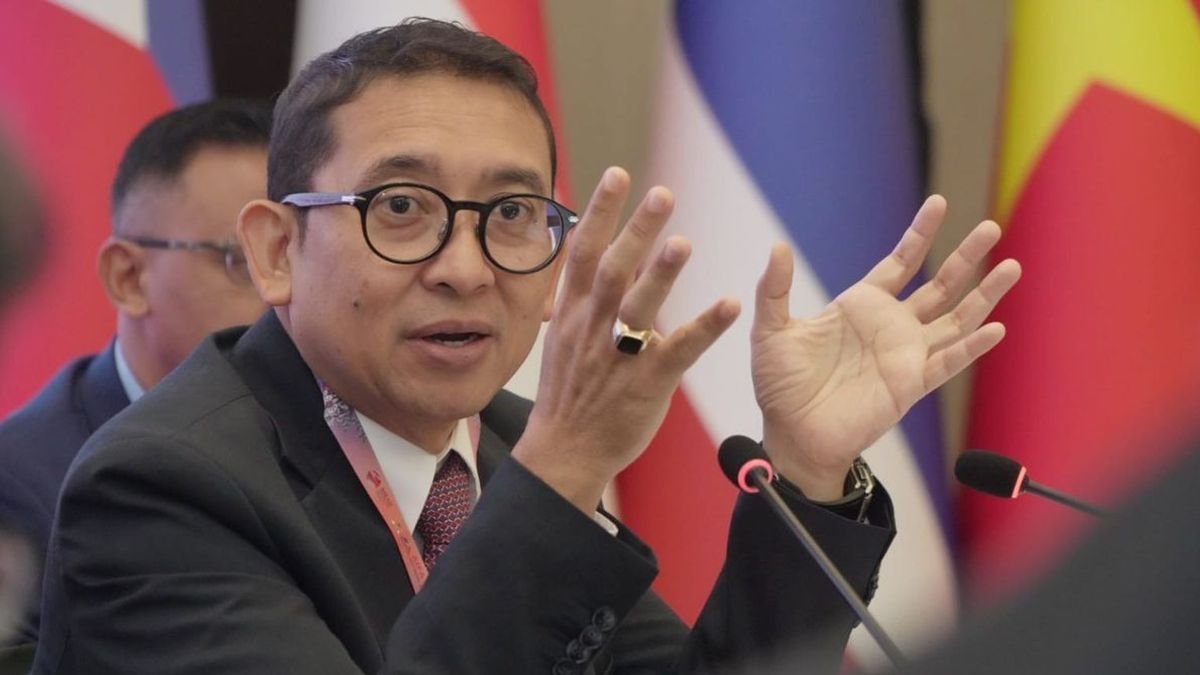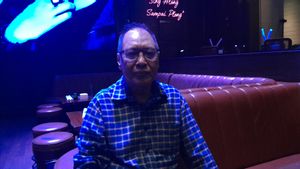JAKARTA - Chairman of the BKSAP DPR RI Fadli Zon, in his capacity as President of the South-East Asia Parliamentarians against Corruption (SEAPAC), or the Anti-Corruption Southeast Asian Parliament Organization encourages the Association of the South-East Asia Nations (ASEAN) to be more assertive in building policies and political commitments related to anti-corruption.
As a speaker at the 10th Forum of Parliamentarians (CoSP 10th Parliament Forum) as a special forum at the 10th Conference of the State Parties to UNCAC, Atlanta, USA, 11-15 December 2023, he highlighted ASEAN, which has few regional policy references related to anti-corruption.
ASEAN's Political and Security Community Blueprints have included anti-corruption issues as one of the elements, however, relatively few follow-up statements and policies.
Anti-corruption policy was found even at the ASEAN Convention Against Trafficking in Persons. Therefore, the ASEAN Post-2025 policy must be more firm on anti-corruption issues. This includes creating levels of playing fields (arena equivalent) for parliament and executives in ASEAN," he said.
Fadli Zon, who is also the Vice President of the Anti-Corruption World Parliament (GOPAC), emphasized that Parliament's involvement in supporting the effective implementation of various UN Convention against Corruption (UNCAC) rules is very important.
Parliament not only functions to ratify UNCAC but also to prepare various legislation related to UNCAC, regular supervision related to the implementation of UNCAC to be able to find out the shortcomings of anti-corruption policies, to support the availability of budgets to implement various anti-corruption programs.
"The Parliament's work does not only stop at UNCAC ratification, it just started after that," said the Deputy Chairperson of the Gerindra Party.
He highlighted the high level of corruption, although UNCAC has been running for 20 years. This portrait can be seen from the results of the 2022 Corruption Perception Index (CPI).
In ASEAN, only one country from the previous three countries (in 2020) has a value above 50. Therefore, there must be handling with a comprehensive community approach (whole of society approach), including involving parliament.
This can be seen, for example, from the legislative needs approach of UNCAC itself. SEPAC, found that at least 20 UNCAC rules have a clear terminology regarding the need to have legislative measures' (legislative measures), or legislative and administrative measures or others (legislative and administrative or other measures).
Not including other things that can be translated into legislative products if needed. This shows the parliament's important role in implementing UNCAC, "he explained on Thursday.
The results of the SepAC Short Study found several examples of legislative needs such as the need for five countries in Southeast Asia to criminalize bribes to foreign public officials and international organizations. Two countries need to adopt or amend criminalization of obstruction of justice.
SEE ALSO:
"At least four countries have asked UNODC for assistance for technical support related to the preparation of legislation, examples of laws, legislative advice, all of which are part of parliamentary work," he explained.
The chairman of the BKSAP DPR RI suggested two things, namely building a domestic mechanism for UNCAC regular review and encouraging Conference of the State Parties (CoSP) to have clear policies in the involvement of lawmakers in the UNCAC review mechanism.
The English, Chinese, Japanese, Arabic, and French versions are automatically generated by the AI. So there may still be inaccuracies in translating, please always see Indonesian as our main language. (system supported by DigitalSiber.id)













